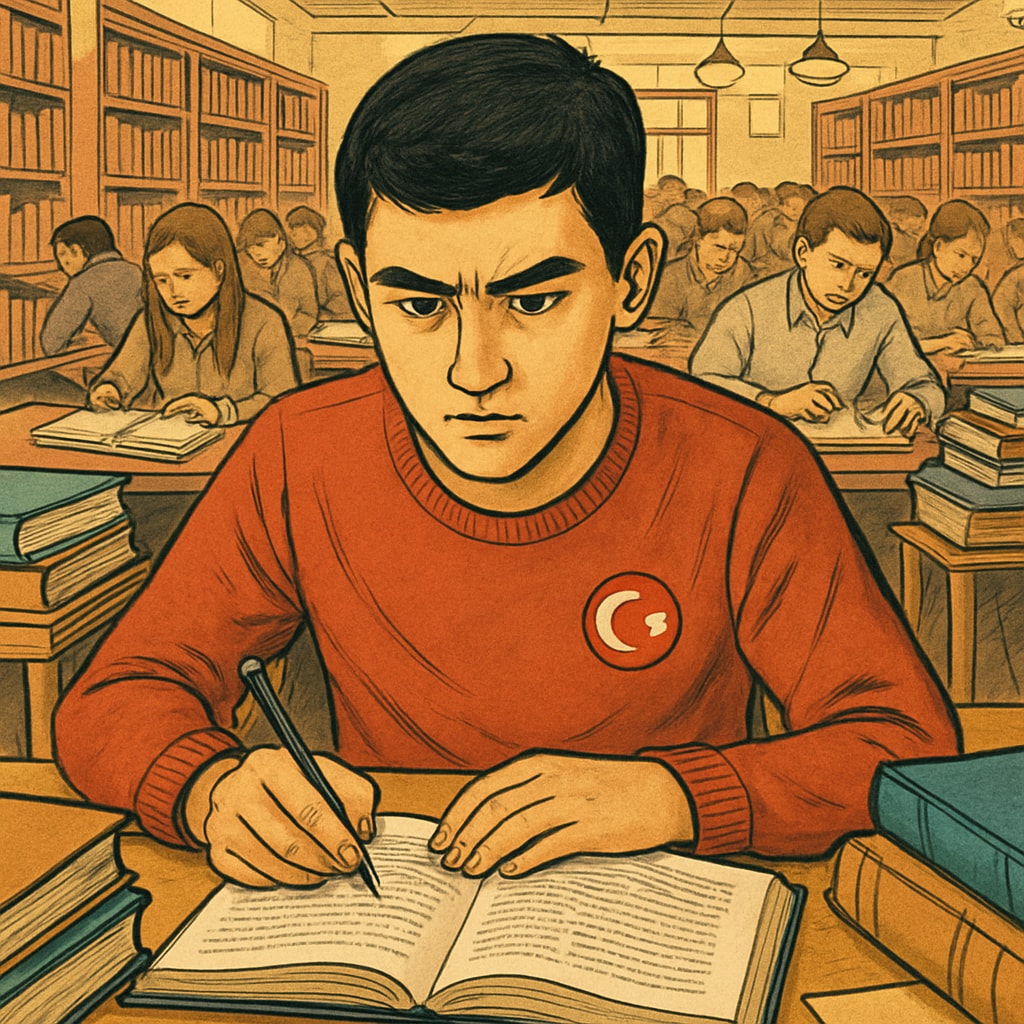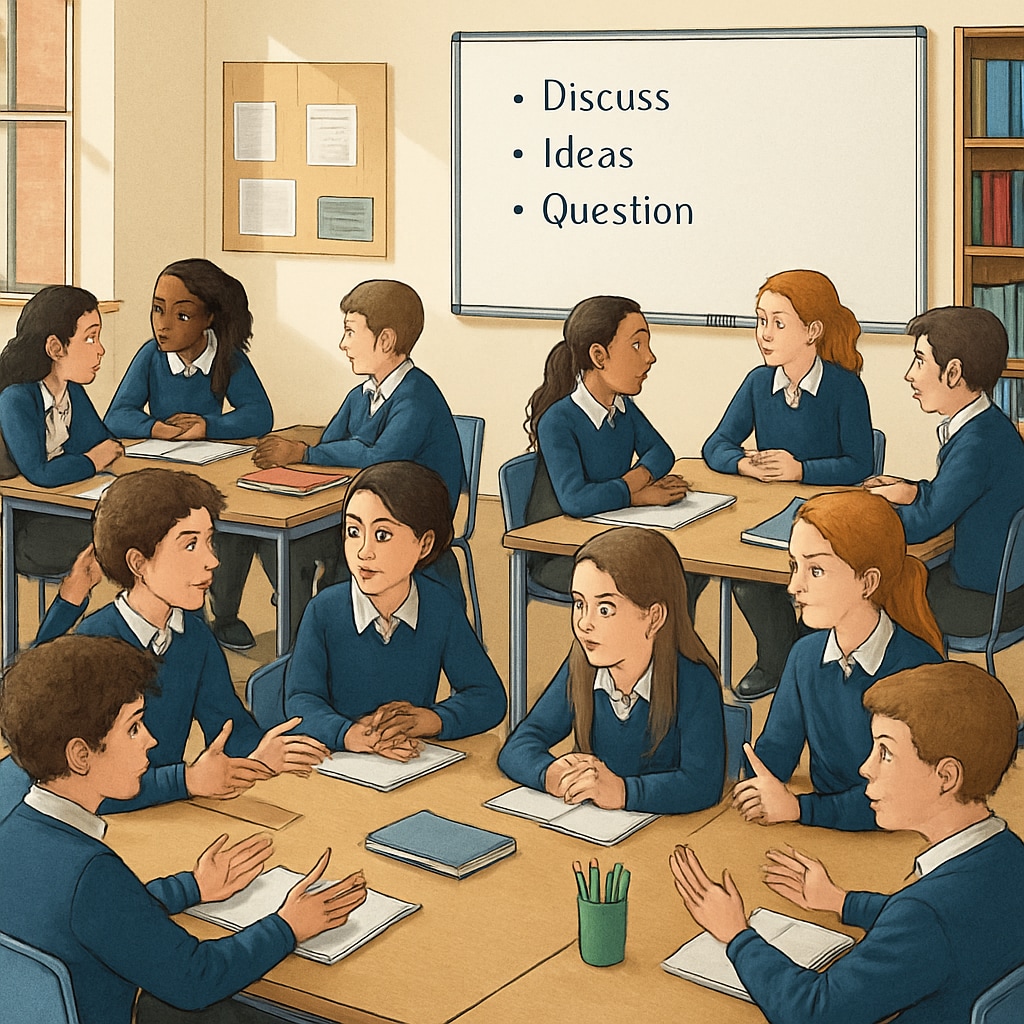The education systems of Turkey and the UK present stark contrasts in philosophy and execution. While Turkey’s centralized, exam-driven education system often burdens students with immense pressure, the UK’s A Levels model emphasizes flexibility and cultivates critical thinking skills. These two approaches highlight the broader question of what education should achieve: rote learning or holistic development.
The Challenges of Turkey’s Exam-Driven Education
Turkey’s education system is heavily reliant on high-stakes centralized exams, such as the High School Entrance Exam (LGS) and the Higher Education Institutions Exam (YKS). These exams are the primary gateways to elite schools and universities, forcing students and their families to prioritize scores above all else. As a result, many Turkish students experience significant levels of stress and anxiety.
One major downside of this system is its focus on rote memorization. Students are primarily evaluated on their ability to recall information rather than apply it in practical or analytical contexts. This approach often stifles creativity, critical thinking, and problem-solving skills—qualities essential for success in the modern workforce.
Moreover, the pressure to perform well on these exams has given rise to a booming private tutoring industry, which further exacerbates educational inequality. Students from wealthier families can afford additional resources, while those from lower-income households are often left behind.

How the UK’s A Levels Foster Critical Thinking
In contrast to Turkey’s rigid system, the UK’s A Levels offer a more flexible and student-centered approach. A Levels are a series of subject-specific qualifications typically taken by students aged 16-18. Unlike Turkey’s one-size-fits-all exams, A Levels allow students to specialize in three to four subjects of their choice, aligning their studies with their interests and future aspirations.
This flexibility encourages deeper engagement with the material. For instance, students studying A Level History might analyze primary sources, write essays, and engage in debates. Such activities promote critical thinking, analytical skills, and independent learning—capabilities that are highly valued in both higher education and professional settings.
Additionally, the A Levels system provides multiple pathways to success. Students can pursue vocational qualifications or combine academic and practical subjects, ensuring that education remains inclusive and adaptable to diverse needs.

Lessons Turkey Can Learn from the UK’s A Levels Model
The UK’s approach offers valuable insights for Turkey as it grapples with the limitations of its exam-driven system. Below are some key areas where Turkey could implement reforms:
- Reduce Reliance on Centralized Exams: Introducing more formative assessments could alleviate exam pressure and provide a fuller picture of a student’s abilities.
- Encourage Specialization: Allowing students to focus on subjects they are passionate about can enhance motivation and academic performance.
- Promote Critical Thinking: Incorporating project-based learning and open-ended assessments can foster the skills needed for 21st-century challenges.
- Address Inequality: Ensuring equitable access to resources and opportunities is crucial for creating a fair education system.
The Path Forward: A Balanced Education System
While no education system is perfect, the UK’s A Levels demonstrate that flexibility and critical thinking can coexist with academic rigor. For Turkey, moving away from an exam-centric approach requires systemic change, including curriculum reform, teacher training, and investment in educational infrastructure.
Ultimately, education should empower students to think independently, solve real-world problems, and thrive in diverse environments. By learning from the UK’s A Levels model, Turkey can pave the way for a more balanced and innovative education system, one that nurtures both academic excellence and personal growth.
External Resources: For more insights on education reform, visit the Education page on Britannica or explore the A Levels article on Wikipedia.


